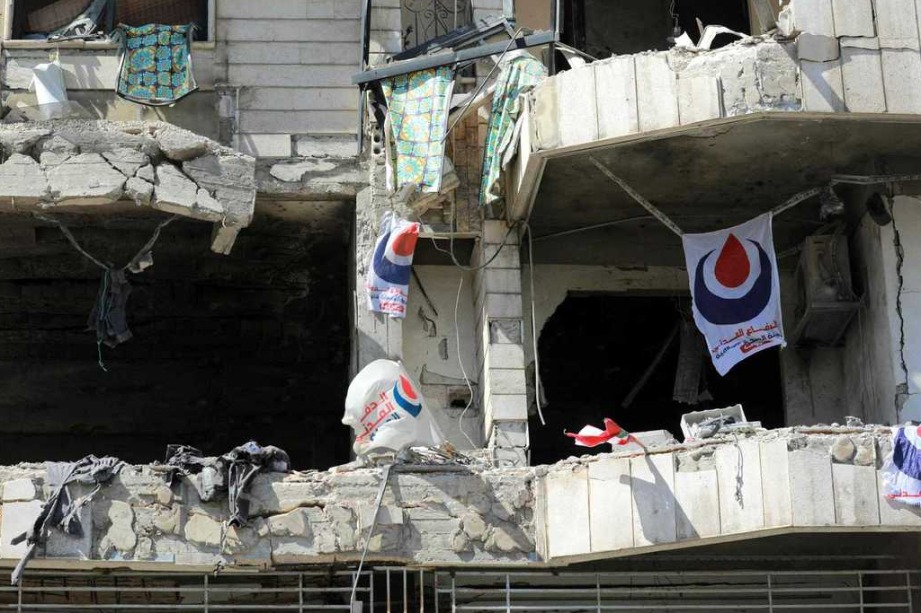Britain clamps down amid spike

Concern around an increase in novel coronavirus cases in the United Kingdom will mean social gatherings of more than six people will be made illegal, with the change due to be enforced from Monday.
Prime Minister Boris Johnson announced the new restrictions on Wednesday after 2,420 new daily cases in England.
In an eff ort to prevent a second wave of deaths, the legal limit on social gatherings will be reduced from 30 people to six and will apply to gatherings indoors and outdoors-including private homes, as well as parks, pubs and restaurants.
In a news briefing on Wednesday, the prime minister said: "We need to act now to stop the virus spreading. So we are simplifying and strengthening the rules on social contact-making them easier to understand and for the police to enforce."
Exemptions will be made for safely organized team sports, weddings and funerals, and schools and workplaces.
But commercial sports events, that were hoping to welcome crowds back next month, will now most likely have to remain behind closed doors while the situation is "reviewed", the government announced.
The Times reported that the government is also considering local curfews, and possibly emulating measures taken in Belgium, which has bucked the trend of rising cases across Europe, by banning people from going out at night.
Despite recent assurances by the prime minister that there will be no second nationwide lockdown, Health Secretary Matt Hancock refused to rule it out.
Speaking to LBC radio, Hancock said: "I wouldn't make a vow like that. You wouldn't expect me to-I am the health secretary in the middle of a pandemic where we are trying to keep the country safe."
The move to limit gatherings comes a day after England's deputy chief medical officer warned about the rise in cases. Jonathan Van-Tam told ITV News: "This is a big change, it's now consistent over two days and it is of great concern at this point."
Despite the new rules on social gatherings, more than 2,500 people attended the first day of the four-day St Leger Festival horseracing event at Doncaster racecourse on Wednesday, the first horseracing event with crowds since March.
But later on Wednesday, the director of public health for Doncaster, Rupert Suckling, announced that the remaining days of the horseracing festival would be held behind closed doors, forcing the racecourse to abandon its plans to host up to 6,000 fans each day.
The pilot plan to host crowds at the event was seen as important for the wider sports sector. The English Premier League and other major sports competitions had been making preparations for the return of some fans at matches next month.
The impact of restrictions on the hard-hit arts sector was emphasized by renowned composer Andrew Lloyd-Webber on Tuesday, who said the industry was at the "point of no return" following damage from the pandemic.
Lloyd-Webber, the producer of some of London's most famous theater shows, told MPs that it would be economically "impossible" to run theaters with social distancing.
He told the Digital, Culture, Media and Sport Committee: "We simply have to get our arts sector back open and running. We are at the point of no return really."
A "seat out to help out" program to support the theater industry, similar to the "eat out to help out" initiative for the hospitality sector, proposes that the government could subsidize seats sold for live performances.
The government announced on Wednesday that mass testing, or swabs that give results in minutes, could be a solution for theaters and other audience venues, as well as workplaces, in the near future.
It comes as clinical trials for a novel coronavirus vaccine, developed by drugmaker AstraZeneca and Oxford University, have been put on hold due to an adverse reaction in one of its volunteers.
"As part of the ongoing randomized, controlled global trials of the Oxford coronavirus vaccine, our standard review process was triggered and we voluntarily paused vaccination to allow review of safety data by an independent committee," a spokesperson for AstraZeneca said.
Hancock told Sky News the pause was not necessarily cause for concern and that the vaccine trial had already overcome one such delay earlier in the summer.
"It's not actually the first time it has happened to the Oxford vaccine and it's a standard process in clinical trials," he said.
































